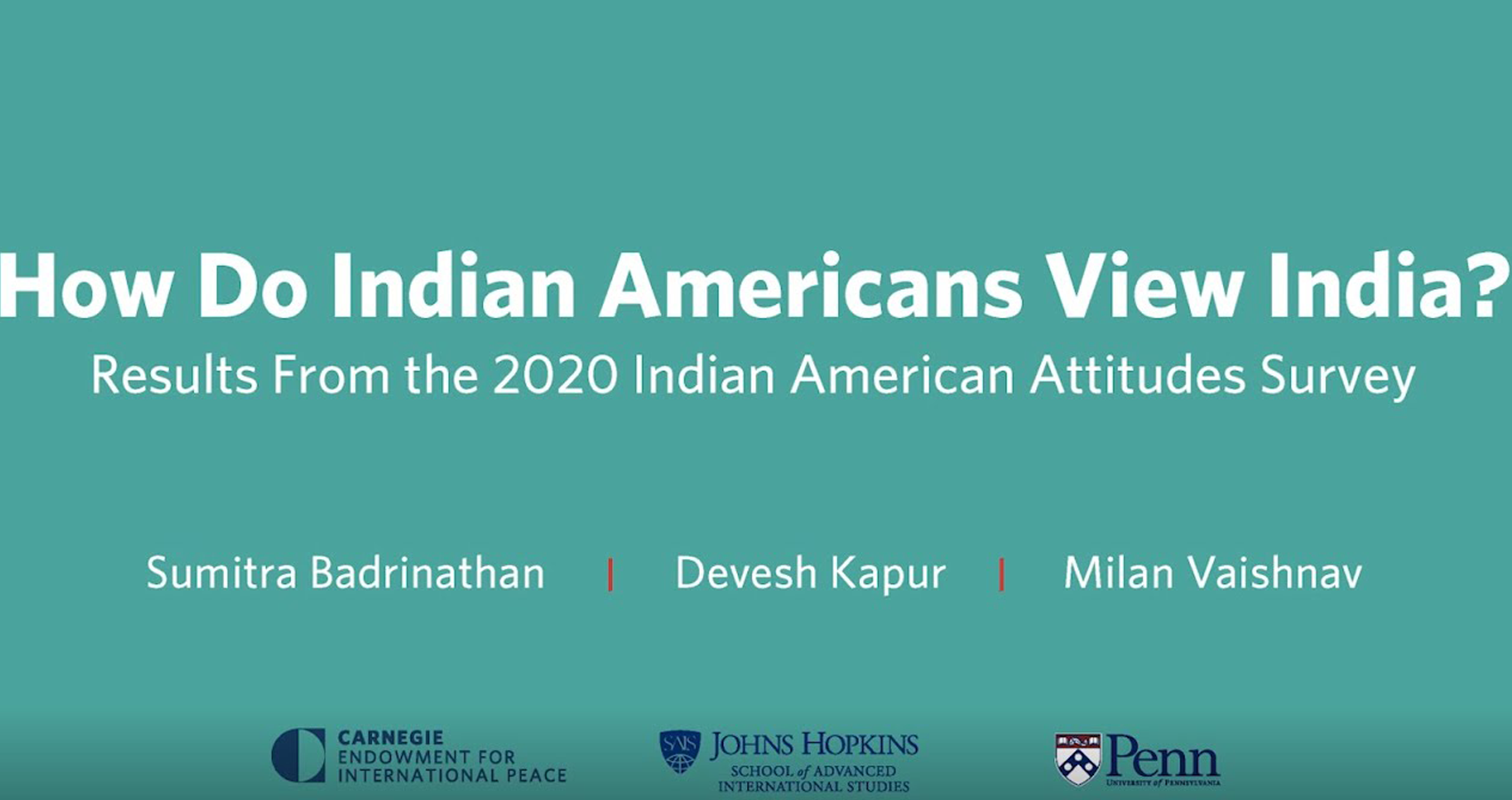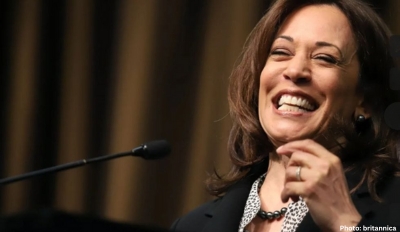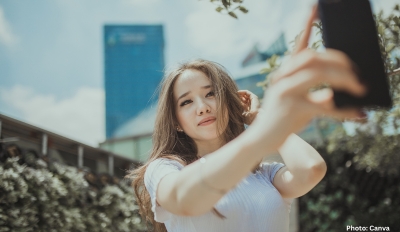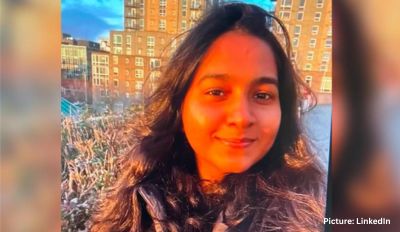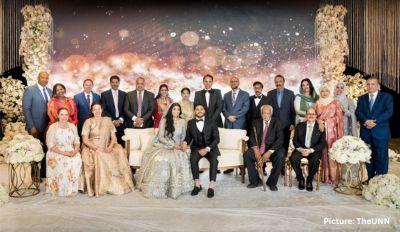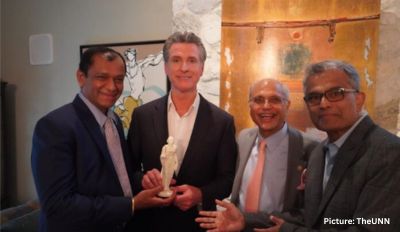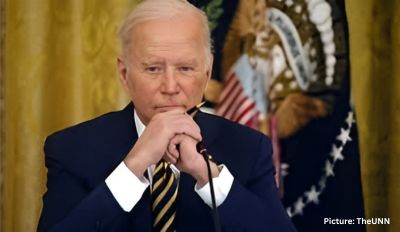Indian Americans are now the second-largest immigrant group in the United States. Their growing political influence and the role the diaspora plays in Indian foreign policy therefore raises important questions—about how Indian Americans view India, the political changes underway there, and the course of U.S.-India relations.
Since coming to power in 2014, Indian Prime Minister Narendra Modi has made outreach to the far-flung Indian diaspora a signature element of his government’s foreign policy. Modi’s courtship of the diaspora has been especially notable in the United States, where the Indian American population has swelled to more than 4 million and has become the second-largest immigrant group in the United States.1
In two separate, large rallies on U.S. soil—in 2014 and 2019—Modi sought to highlight the achievements of the diaspora, outlining the many ways in which they can support India’s interests from afar while underscoring their increasingly substantial economic, political, and social influence in the United States.
These high-octane gatherings, however, naturally lead to a series of questions: How do Indians in America regard India, and how do they remain connected to developments there? What are their attitudes toward Indian politics and changes underway in their ancestral homeland? And what role, if any, do they envision for the United States in engaging with India?
Despite the growing media attention showered on the Indian diaspora and the Indian government’s enhanced outreach, many of these questions remain unanswered. This study seeks to remedy this gap. The analysis is based on a nationally representative online survey of 1,200 Indian American adult residents—the Indian American Attitudes Survey (IAAS)—conducted between September 1 and September 20, 2020, in partnership with the research and analytics firm YouGov. The survey has an overall margin of error of +/- 2.8 percent.
The data show that Indians, by and large, remain deeply connected to their homeland. But the intensity of this connection and the precise channels through which it operates vary greatly across the Indian American population. Indian Americans hold mixed opinions on the present trajectory of Indian democracy. While a bare majority appear largely supportive of Modi and his government, a significant minority is not. While Indian Americans tend to have more conservative opinions on policy issues in India than on those in the United States, they are less pro-Modi compared to Indians living in India and less conservative in their views.
On foreign policy, Indian Americans endorse efforts to deepen ties between Washington and New Delhi and share broadly negative views of China. However, they are more split on how far the two countries should go in confronting China.
This study is the second in a series on the social, political, and foreign policy attitudes of Indian Americans. The major findings are briefly summarized below.
- Indians who are not U.S. citizens overwhelmingly welcome the prospect of citizenship. Twenty-three percent of IAAS respondents reside in the United States but are not U.S. citizens. However, 80 percent of them indicate that they would like to become naturalized U.S. citizens if afforded the opportunity.
- Indian Americans enjoy diverse connections to India.One in two Indian Americans feels personally connected to India. This connection—strongest among members of the community born outside of the United States—manifests itself through personal, cultural, and political links.
- Indian Americans are divided about India’s current trajectory. Respondents are nearly evenly split as to whether India is currently on the right track or headed down the wrong track. Indian Americans are especially concerned about the challenges government corruption and slowing economic growth pose to India’s future.
- The Bharatiya Janata Party (BJP) is the most popular political party among Indian Americans. One-third of respondents favor the ruling BJP while just 12 percent identify with the Congress Party. However, two in five Indian Americans do not identify with an Indian political party—suggesting an arms-length relationship to everyday politics in India.
- Indian Americans hold broadly favorable views of Modi. Nearly half of all Indian Americans approve of Modi’s performance as prime minister. This support is greatest among Republicans, Hindus, people in the engineering profession, those not born in the United States, and those who hail from North and West India.
- Indian Americans’ policy views are more liberal on issues affecting the United States and more conservative on issues affecting India. Regarding contentious issues such as the equal protection of religious minorities, immigration, and affirmative action, Indian Americans hold relatively more conservative views of Indian policies than of U.S. policies.
- Indian Americans heavily rely on online sources for news about India.Fifty-four percent of respondents report using online sources to follow news about India. YouTube, Facebook, and WhatsApp are among their most popular social media platforms. Although Indian Americans heavily rely on social media, they do not view it as particularly trustworthy relative to traditional news sources.
- Indian Americans are broadly supportive of the U.S.-India relationship. A plurality of Indian Americans believes that current levels of U.S. support for India are adequate, while a large majority hold unfavorable opinions of China. However, Indian Americans are divided about U.S. efforts to strengthen India’s military as a check against China. Foreign-born Indian Americans and those who identify as Republicans are more supportive of U.S. efforts to support India militarily than their U.S.-born and Democratic counterparts.

